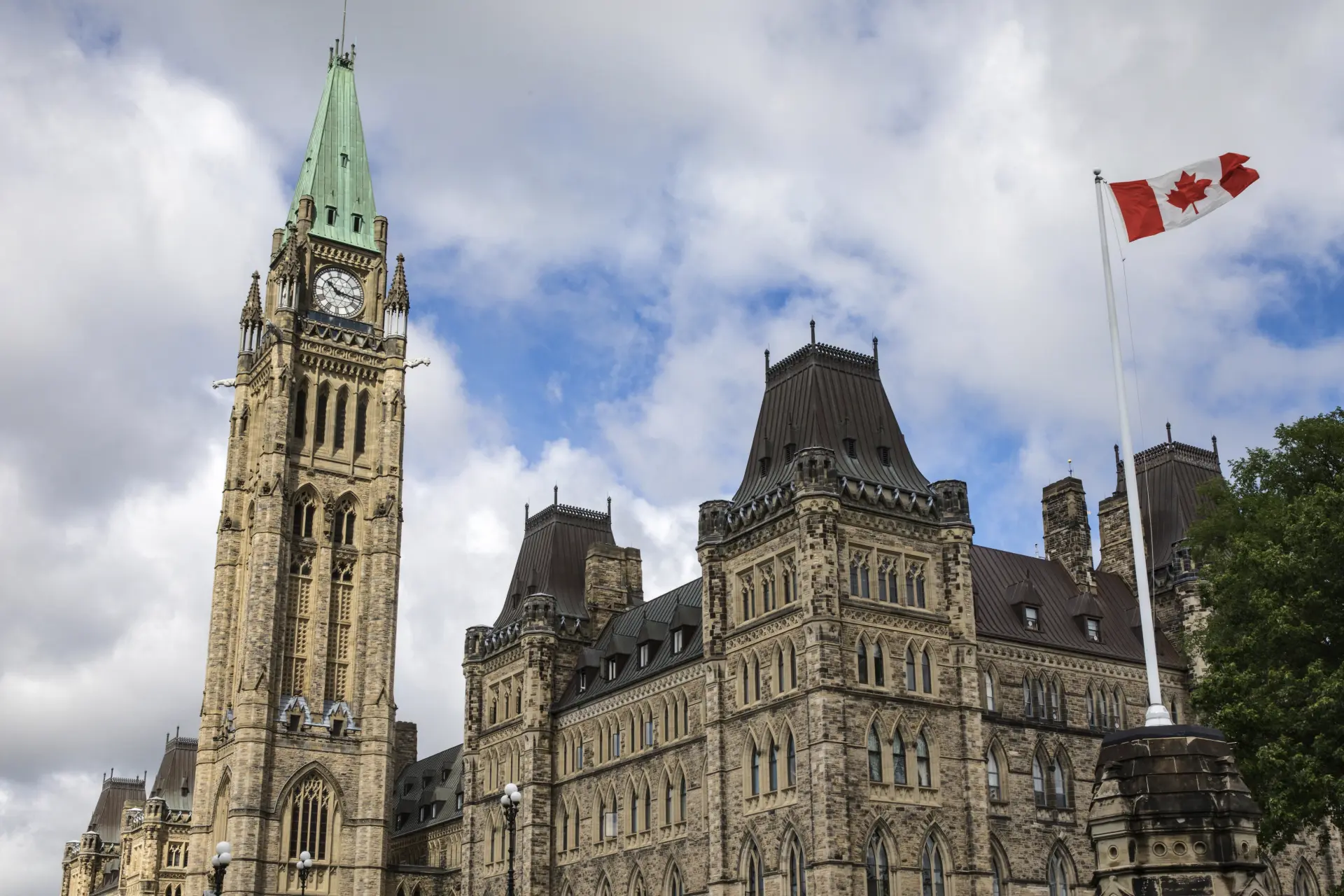Liberal Party Commit to Legislative Net Zero Emissions by 2050

Hon. Catherine McKenna, the Liberal candidate for Ottawa Centre and Minister of Environment and Climate Change for four years under the Trudeau Government, announced this morning a number of environment-related pledges on behalf of her Party. Most notably, the Liberals have committed to achieving net-zero GHG emissions nationally by 2050 if re-elected. This goes beyond the previous Liberal commitment of reducing emissions 80% by 2050.
Ms. McKenna’s message was about the need to increase ambition over time. The announcement comes as global leaders conclude the Climate Action Summit in New York where 65 countries and the European Union similarly committed to achieving net-zero emissions by 2050. It also comes as the world gears up for major youth climate marches this Friday, including in cities across Canada, inspired by activist Greta Thunberg.
Besides carbon neutrality by 2050, the Liberals committed to legislating legally binding, five-year milestones based on the advice of experts and through consultations with Canadians. Advice would be provided by a panel made up of scientists, economists, and experts to recommend the best path to get to net-zero emissions. Ms. McKenna highlighted that the government “needs experts to help show us the path to get there. We need to help workers…we need ambition. We need targets. And we need to discuss the path to get us there.”
Although the 2030 targets remain the same – 30% reductions on 2005 levels by 2030 – Ms. McKenna said a re-elected Liberal Government would exceed the goal. With current measures undertaken, Ms. McKenna stressed, Canada is projected to be three quarters of the way there on meeting its climate objectives, and 11 years remain to introduce new measures to close the gap.
Her comments on this regard and the measures announced so far on environment would suggest that more policy commitments on the environment front would be announced, likely through the release of the Liberal platform. Certainly, today’s announcement included very little detail on new policy measures that would help to achieve this significant emissions abatement. However, Mr. Trudeau, speaking later in Burnaby, BC, stressed that more specifics would be released this week.
In addition to addressing climate ambition as reflected by Canada’s long-term emissions target, Ms. McKenna announced that to help energy workers and communities transition to the clean economy, the Liberals would legislate a Just Transition Act to provide workers with ”access to training, support, and new opportunities to succeed in the future economy”. No details were provided in terms of the new funding quantum. The focus on worker transition underscores the Liberal recognition that deep GHG emissions cuts will require significant workforce transition.
The overarching frame of Ms. Mckenna’s announcement is that Election 2019 is a choice between a potential Conservative government that would repeal climate progress made to date and a Liberal government that would double-down with incremental measures added, combined with measures already announced. A news release that accompanied the announcement highlighted that the Liberal climate record already features over 50 measures including the following:
- putting a price on the pollution;
- banning harmful single-use plastics;
- protecting nearly 14 per cent of Canada's coasts and marine areas;
- building 1,200 public transit projects across the country;
- making zero-emission vehicles more accessible and affordable;
- investing in energy efficiency to help families and businesses save money;
- committing to phase out coal power by 2030, and investing in renewables like wind and solar;
- safeguarding our oceans and coasts with the Oceans Protection Plan; and
- making the largest conservation investments in Canadian history.
Two hours later, Mr. Trudeau announced that if re-elected, the Liberals will cut corporate taxes by 50% for clean technology companies that support the zero-emissions economy. Mr. Trudeau mentioned specifically companies that produce batteries for electric vehicles or that produce solar energy. Specifically, the Liberals will:
- Cut in half corporate taxes for companies that develop technologies or manufacture products that have zero emissions.
- The corporate taxes for small cleantech businesses will be cut from 9 per cent to 4.5 per cent, and the larger cleantech companies will see their taxes drop from 15 per cent to 7.5 per cent.
- Continue to lead by example and ensure all federal buildings run on clean electricity by 2022.
- Leverage the purchasing power of the federal government to further drive clean technology adoption, by strengthening existing green procurement policies.
Mr. Trudeau signaled that more measures on climate change would be unveiled in the coming days. We at Sussex will continue to monitor developments pertaining party commitments, including those pertaining to the environment and energy.
If you have any questions or comments, please don’t hesitate to get in touch:
Devin McCarthy
Vice President
dmccarthy@sussex-strategy.com
Roberto Chavez
Associate
rchavez@sussex-strategy.com


